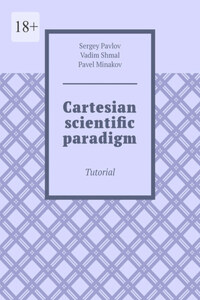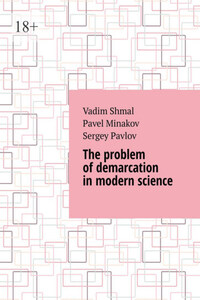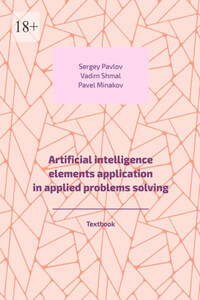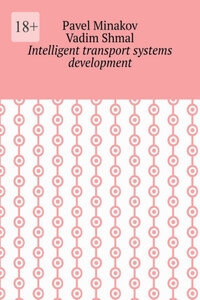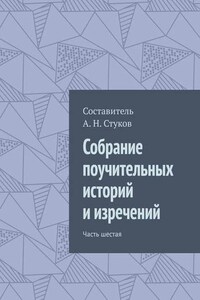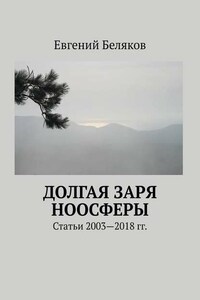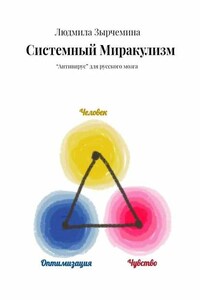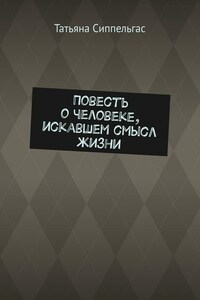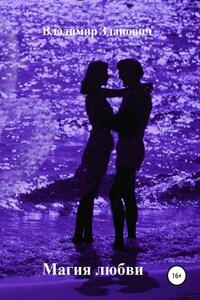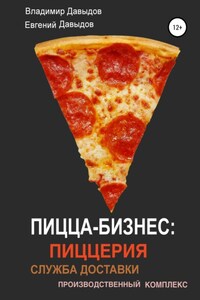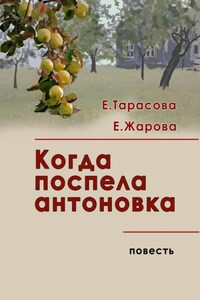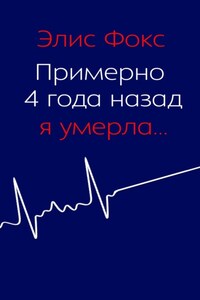One of the reasons Descartes is called the father of modern philosophy is because he set the agenda for those philosophers who came after him. Over the centuries, many thinkers have tried to interpret Descartes’ methods for their own purposes. This influence continues today.
Some philosophical problems will be familiar to people – say, the problem of knowledge or the problem of free will. The key question, however, is how to present these problems in a radically different way from Descartes’s in order to accommodate a philosophy of subjectivity that goes beyond the traditional concept of man as a thing that can be known.
Much has been written about the problem of Descartes’ knowledge. But more is needed to explain the role of subjectivity in Descartes’ thinking and how it influenced later philosophers. But I feel that this will become even more important in the future as the scale of the relationship between humans and the natural world will expand. Today we are experiencing a revolution in our understanding of the relationship between humans and the environment.
Among other things, this revolution is based on the discovery that the «natural» world (which Descartes considered a static environment, shaped by God) is in fact a dynamic, changing in an increasingly complex way. From wildfires and the rise of agriculture to the introduction of agriculture into livestock and human industries, we are constantly changing the environment in countless ways.
Descartes’ model of the natural world implies that we are trapped in predetermined deterministic rules of the natural world. Today, many people believe that they have escaped from this control, and can chart their own course in the world, guided by reasons, feelings and memory.
Descartes’ views on the subjectivity of reason guided philosophers who tried to find the meaning of freedom. Spinoza argued that we are free to act, because reason compels us to do so. If we can do this, we are free. But Spinoza also said that since reason is the vehicle of free will, free will has a natural source – or at least a source that we can turn to. And Descartes’ own opinion that the feeling «I am» or what in Hegel’s philosophy is called «withdrawal» is essential for this understanding of freedom.
Thus, Descartes’s views on the subjectivity of reason inspired a wide range of thinkers. But they were also taken quite differently by philosophers who continue to hold Descartes’ views of man as a thing that can be known. One of them, the philosopher Abraham Kuyper, argued that «the sensible existence of a person is just a case of his awareness, conceived in his own consciousness, that he exists existentially». In other words, my being has a certain meaning, and I am happy to know that.
In fact, Kuyper believed that knowing that I existentially exist was critical to my freedom – and to all other people – because knowing my existence prompts me to act. According to his version of Descartes, the world is fixed and given; I do not just exist, but I can think and act freely. I do not just exist, but I know my existence and free will.
Thus, the description of the world as a fixed and given subjectivity is at the heart of Kuyper’s philosophy. He himself would call his philosophy «idealistic realism» (also called «subjectivism»).
But although Descartes has always been unpopular in philosophy, he enjoyed some support from other thinkers, in particular Immanuel Kant, who actually wrote a commentary on Descartes’s thinking. Kant’s commentary, however, does not address the philosophical problems posed by Descartes’ philosophy. Rather, he argues that what Descartes saw as" cogito ergo sum" was not something that the philosopher had to convince himself of as much as he had to convince the world of the validity of his ideas. Thus, according to Descartes ' axiom, the philosopher «does not rule the world and does not question it. For the world rules him.»
The philosophy of Descartes is a philosophy that is sometimes called Cartesianism, Cartesian dualism, or Cartesian philosophy. As Rene Descartes put it, the main direction of Cartesian philosophy is the understanding and use of reason as a source of knowledge, understanding of natural law and the practice of the scientific method, which, showing the power of the mind, seeks to gain true knowledge. He considered himself the first true philosopher and the first «true scientist.» His famous physics is rooted in medieval Arab philosophies of the corpuscular method and their distinction between mathematics (which is limited to understanding the natural order) and physics (which is unsystematic and therefore capable of predicting the behavior of the world around us), and the theory of conservation of energy. His analysis of the mind and the nature of the mind, as well as the direct analysis of the mind by the mind, are central to Descartes’ philosophy. Descartes developed a theory of ideas, which he called the commotive of ideas. His philosophy is thus often considered a corpuscular version of the Irish philosopher John Buridan of the tradition of atomism and Plato’s philosophy of mind.
Descartes’ philosophy was well known by the 18th century and was used primarily by the founders of the scientific revolution. Georges Lemaitre used Descartes’ debate method in his study of wave mechanics. Joseph Butler strongly criticized Cartesianism and stated that Descartes was forced to conclude that the mind is simply a material function of the brain and body, and argued that Descartes had no legal basis to deny the existence of spirits because many of the great writers of the Catholic Church have argued. However, the classical concept of Descartes as a proto-scientist was discredited by Immanuel Kant, a German philosopher who worked with clearly anti-Cartesian views.
Descartes’ philosophy focused on the concept of dualism, and his goal was to arrive at an explanation of the nature of mind and how it works. It was based on the idea of dualism, the distinction between physical and mental, or between mind and body, as opposed to a consistent monistic science. In the second meditation, Descartes argues that when people discuss something with another person, the way they speak and move is determined by the body, whereas the mind is associated with thoughts. In Meditation Three, Descartes discusses the purpose of the mind, claiming that it is an impartial observer who collects and displays information.
